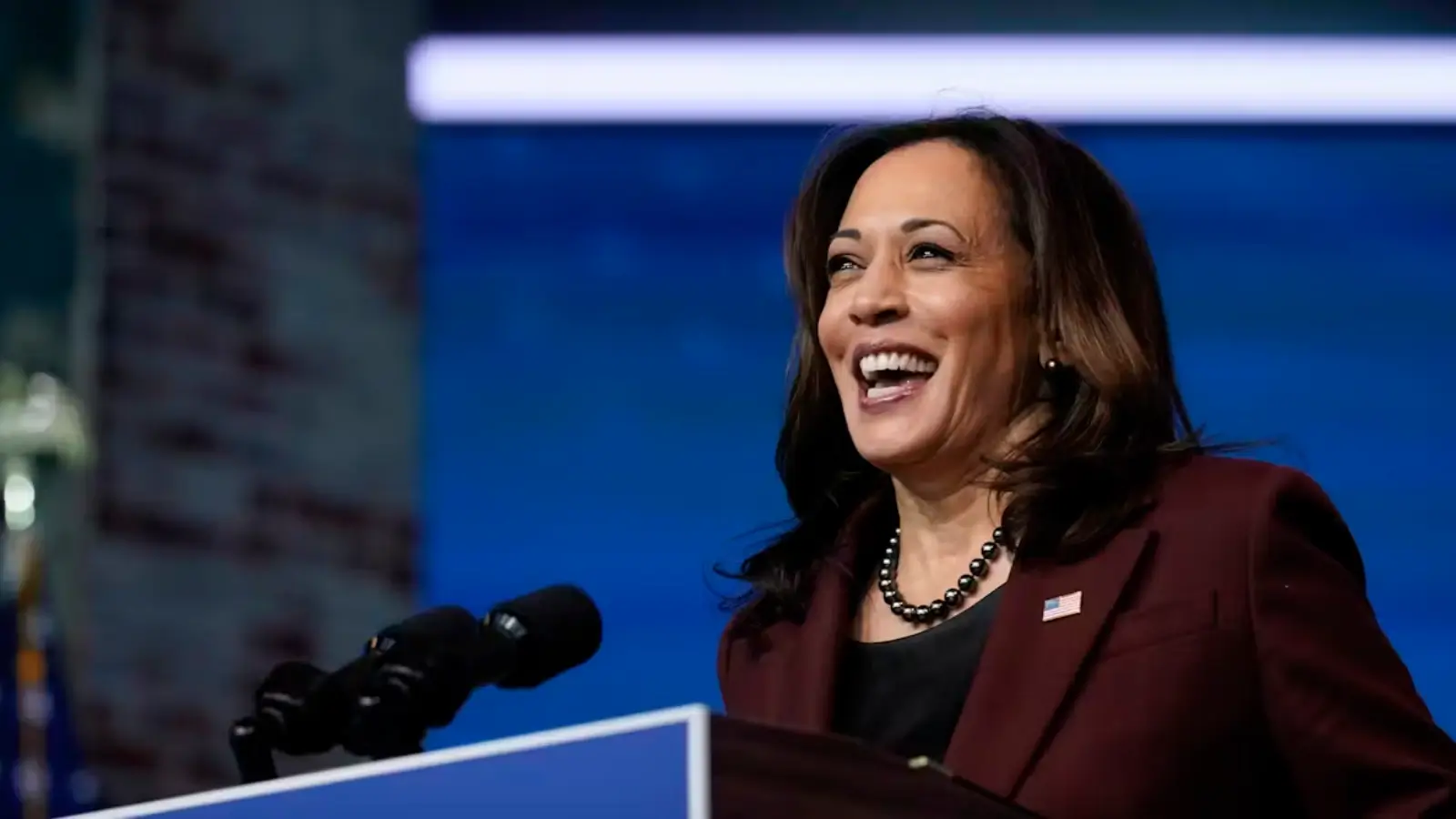


White-label gaming, a resilient force behind innovation and diversity in the UK gambling industry, has enabled new entrants to launch swiftly, without the full complexity of a direct license. Despite mounting regulatory pressure and public scrutiny, the model has proven its stability. While some headlines may portray white labels as a regulatory loophole or a weak link, the reality is more nuanced and far more positive.
A high-profile departure from the UK market recently reignited the debate, following a regulatory fine and subsequent licence surrender. Critics were quick to draw conclusions, painting the white-label structure as inherently flawed. But that’s missing the point. The enforcement action wasn’t a failure of the system; it was the system working. A licence holder failed to meet key obligations around anti-money laundering and due diligence, and they faced the consequences in a fair and just manner, demonstrating the system's fairness.
This isn’t about white labels being unsafe. It’s about ensuring that all operators, regardless of the model they use, are held to the same high standard. The focus is on accountability, not abandonment, to ensure the safety and security of all players.
White-label partnerships, when executed correctly, remain a crucial entry point into a highly competitive and highly regulated industry. They give ambitious new brands the ability to get to market quickly and legally by partnering with experienced operators who already understand the UK’s regulatory expectations. There is no stress, no fuss that entrants are immediately able to offer players thousands of online slots games as well as a full suite of platform services, all under a framework built to withstand scrutiny.
This model is especially important for startups or marketing-led companies that might not have the in-house compliance infrastructure to go it alone. It allows them to focus on innovation and user experience while leveraging the expertise of established partners to navigate the regulatory landscape. It’s not a shortcut; it’s a smart, collaborative approach that supports both business growth and consumer protection.
Many white-label providers do more than just meet the minimum. They implement rigorous systems around player safety, anti-fraud, and AML protocols. This isn’t about passing off responsibility. It’s about creating a partnership where compliance is a shared priority and not an afterthought.
In an industry dominated by large operators, the white-label model levels the playing field. It encourages competition, gives consumers more choice, and keeps the market vibrant. These partnerships help diversify the industry, making room for niche offerings and unique player experiences that might otherwise never reach the public, highlighting the positive impact of the white-label model on industry diversity.
Regulation isn’t the enemy of white labels; it's their foundation. Strong rules, consistently enforced, are what allow the model to thrive responsibly. Rather than phasing out white-label operations because of isolated failings, the smarter move is to refine the system. Double down on oversight. Reward compliance. Remove bad actors.
With the right partners and proper enforcement, white-label gaming can continue to play a vital role in shaping a safe, fair, and competitive UK gambling market. Its potential is far from exhausted, and with the right strategies and partnerships, it can continue to thrive and contribute positively to the industry.